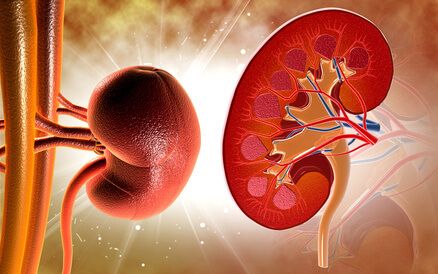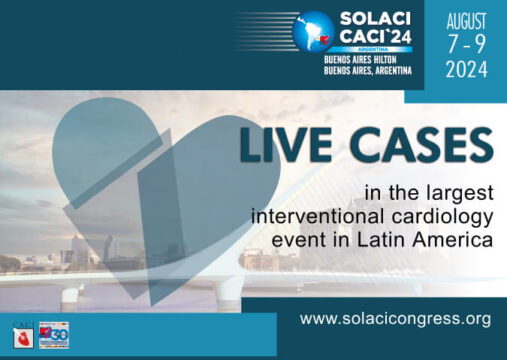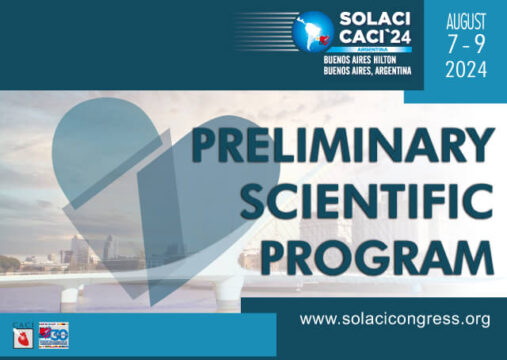Mitral regurgitation (MR) is the most frequent valve disease. Mitral transcatheter edge-to-edge repair (M-TEER) has been shown beneficial in high or prohibitive risk patients in cases of degenerative and functional MR.

The PASCAL device has been shown safe and effective by the CLASP II, but we still need further research in clinical “real world” environments.
The MiCLASP, a prospective multicenter post-market study, included 544 patients, 322 with functional MR and 163 with degenerative MR, all with “real world” challenging anatomies.
The safety primary outcome at 30 days was major adverse events (MAE), a composite of cardiovascular mortality, stroke, MI, reintervention, major vascular complication, major structural complication, device embolization, dialysis, and severe bleeding (defined as major, intense, life-threatening or fatal) according to VARC criteria.
The primary efficacy outcome was MR severity vs. prior procedural MR, quality of life, 6-minute walk capacity and functional class at 30 days, 6 and 12 months.
Read also: LpA: 30-Year Cardiovascular Followup in Primary Prevention Cohorts.
Mean patient age was 77, and 59% were men. Half of patients had been hospitalized for cardiac failure (CF) in the last year, and were most in functional class III-IV. STS score was 5.1% and EuroSCORE II was 7.1%. 81% of patients were hypertensive, 54% diabetic, 64% had atrial fibrillation, 20% had had MI, 62% pulmonary hypertension, 54% kidney function deterioration, and 27% cardiomyopathy.
The effective regurgitant orifice area was 0.35 cm2, regurgitant volume 52 ml, and vena contracta 5.9.
Implantation success rate was 97%, device success rate 94%, mean procedural time 84 minutes, and hospital stay 3.5 days.
Read also: Single Antiplatelet Therapy Following Percutaneous Left Atrial Appendage Occlusion.
30-day safety outcome resulted in 6.8%, with cardiovascular mortality 1.1%, stroke 0.9%, MI 0.2%, reintervention 1.3%, major structural complication 0.4%, device embolization 0.2%, dialysis 1.1%, severe bleeding 4% and major vascular complication 1.1%.
At 12 months, efficacy primary outcome resulted 16.4%, with no significant difference between the groups. Survival was 87.3% and freedom from rehospitalization for cardiac failure 84%, with significant reduction vs. the previous year. Also, there was sustained reduction of MR (98% ≤2+ and 83% ≤1+), improved functional class, quality of life and significant increase in 6-minute walking distance.
Conclusion
The one year followup of this large cohort of MiCLASP patients has shown continued safety and effectiveness of edge-to-edge repair with PASCAL in this post-market analysis. Results have shown high survival, reduced hospitalization for CF, sustained reduction of MR, and improved symptoms, functional class and quality of life.

Dr. Carlos Fava.
Member of the Editorial Board of SOLACI.org.
Original Title: Mitral Valve Transcatheter Edge-to-Edge Repair. 1-Year Outcomes From the MiCLASP Study.
Reference: Philipp Lurz, et al. J Am Coll Cardiol Intv 2024;17:890–903.
Subscribe to our weekly newsletter
Get the latest scientific articles on interventional cardiology





